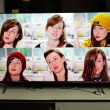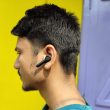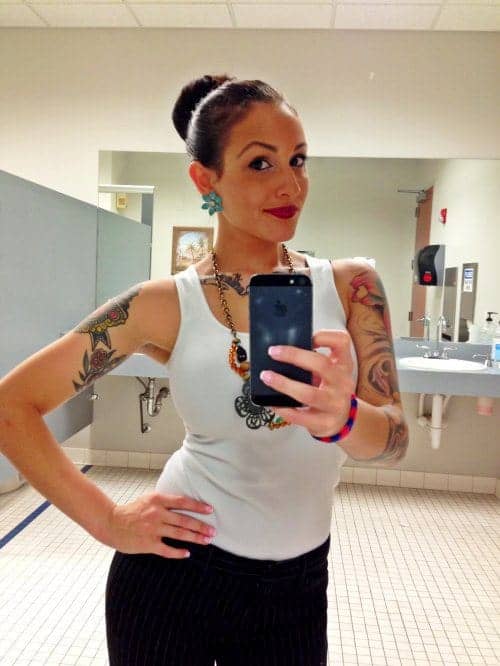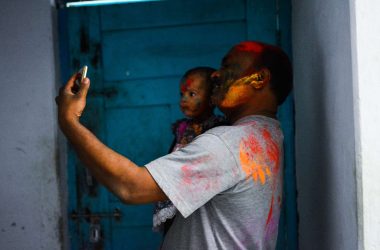http://www.cbsnews.com/common/video/cbsnews_video.swf
Legal secretary Stacey Yepes, aged 49 was driving home from work on a normal April day when she felt a strange sensation, and she felt that something wasn’t right. She pulled out her smartphone and started recording while she described what she was experiencing. She was having a strange sensation over and over again, and she was literally struggling to talk while she was recording the video on her smartphone. Actually, she had already consulted a doctor when she experienced stroke like symptoms and doctors referred to it as stress, and was not very serious case to worry about. But she wasn’t convinced and decided to record what she was felling. And when it happened after a few days once again, she recorded a video. After the symptoms had passed, she headed to the hospital, and she was referred to the Krembil Neuroscience Center at Toronto Western Hospital. Doctors there told her she probably experienced a “mini-stroke” or transient ischemic attack (TIA), which is caused by blood clots. Based on test results, finally the doctors concluded Yepes had experienced a small stroke. According to her, she was living a healthy lifestyle and her neurologist, Dr. Cheryl Jaigobin, said strokes can happen to younger people who appear to be living healthy lifestyles.
“Strokes can affect people of any age even if they have few risk factors, so it’s very important to be aware and to know the signs of a stroke.”
– Dr. Cheryl Jaigobin
Jaigobin advises everyone to be “proactive about their health and aware of any changes as they age, especially people with a family history of stroke or heart disease.”
“795,000 Americans suffer a stroke each year, and 137,000 die, making it the fourth leading cause of death in this country.”
– American Stroke Association
So, although we already alerted our fans that taking selfies can be a mental disorder we also advise you to use this gift of technology to capture such syndromes whenever you feel that you are having or had a stroke and get it recorded on the way to hospital, as this can definitely help the doctors diagnosis your expressions to confirm a stroke and save your life.
Selfies can turn into mental disorder, read this to know how.







